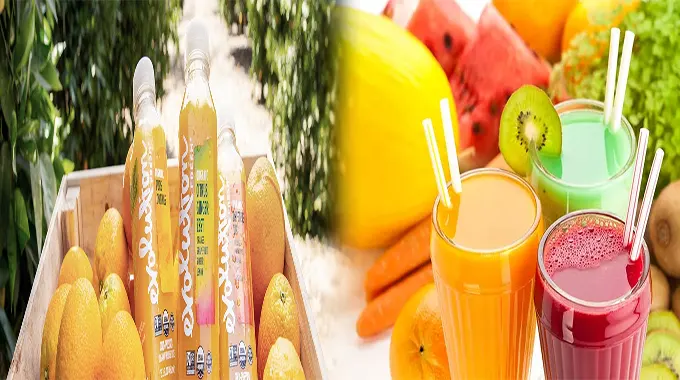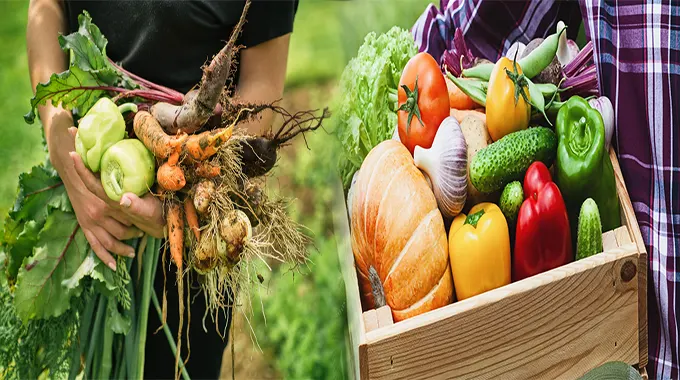How to Start an Organic Garden for Fresh Natural Produce
In recent years, the trend towards organic gardening has been gaining momentum as more people seek fresh, natural produce grown without synthetic chemicals or pesticides. Starting an organic garden is not only a rewarding and sustainable endeavor but also a great way to ensure a fresh supply of healthy fruits and vegetables right at your doorstep. If you’re looking to embark on this green journey, here’s a step-by-step guide on how to start an organic garden for fresh, natural produce.
1. Choose the Right Location:
Select a sunny spot in your yard or on your balcony that receives at least 6-8 hours of sunlight per day. Ensure that the area has good drainage to prevent waterlogging, which can lead to root rot.
2. Prepare the Soil:
Organic gardening begins with healthy soil. Test your soil’s pH level and nutrient content to determine if any amendments are needed. Add compost, organic matter, or natural fertilizers to improve soil fertility and structure.
3. Plan Your Garden Layout:
Decide what plants you want to grow based on your climate, available space, and personal preferences. Consider companion planting to maximize space usage and enhance plant growth by pairing compatible crops.
4. Choose Organic Seeds or Seedlings:
Opt for organic, non-GMO seeds or seedlings to ensure that your plants are free from harmful chemicals or genetic modifications. Purchase from reputable sources or save seeds from your previous organic harvests.
5. Plant and Water Mindfully:
Follow planting instructions for each crop, spacing them appropriately to allow for growth. Water deeply but infrequently to encourage deep root growth and avoid water wastage. Consider using rainwater or a compost tea to nourish your plants naturally.
6. Weed and Mulch Regularly:
Stay on top of weed control by removing them by hand or using natural mulch to suppress weed …















